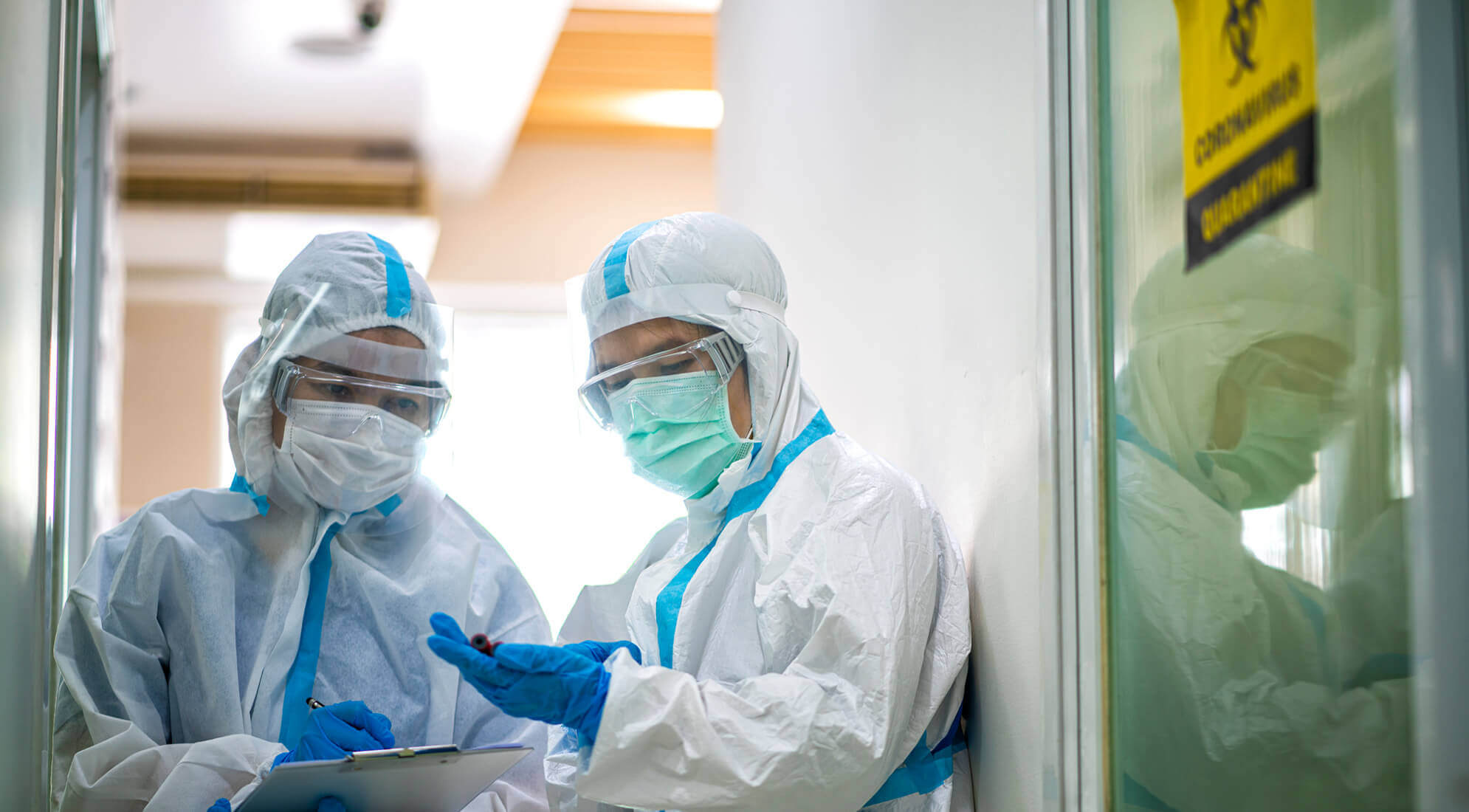

The researchers analyzed patients’ health post-COVID during three intervals at one month (short-term), two to five months (intermediate-term) and six or more months (long-term).Īccording to the findings, survivors experienced an array of residual health issues associated with COVID-19. Patients’ median age was 54, and the majority of individuals (56%) were male. Among those studied, 79% were hospitalized, and most patients (79%) lived in high-income countries. The researchers conducted a systematic review of 57 reports that included data from 250,351 unvaccinated adults and children who were diagnosed with COVID-19 from December 2019 through March 2021. According to the findings, adults, as well as children, can experience several adverse health issues for six months or longer after recovering from COVID-19. To better understand the short- and long-term health effects of the virus, the researchers examined worldwide studies involving unvaccinated patients who recovered from COVID-19.

Until recently, few studies have evaluated patients’ health after recovering from the coronavirus. The research team said that governments, health care organizations and public health professionals should prepare for the large number of COVID-19 survivors who will need care for a variety of psychological and physical symptoms.ĭuring their illnesses, many patients with COVID-19 experience symptoms, such as tiredness, difficulty breathing, chest pain, sore joints and loss of taste or smell. More than half of the 236 million people who have been diagnosed with COVID-19 worldwide since December 2019 will experience post-COVID symptoms - more commonly known as “long COVID” - up to six months after recovering, according to Penn State College of Medicine researchers.


 0 kommentar(er)
0 kommentar(er)
